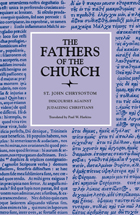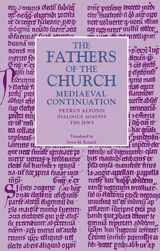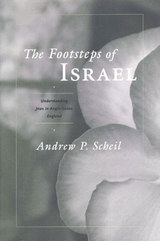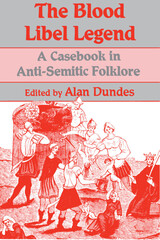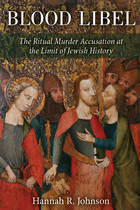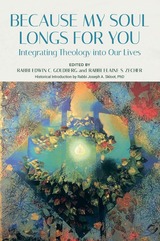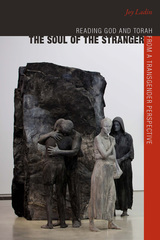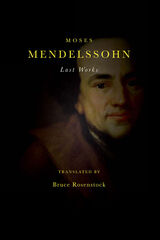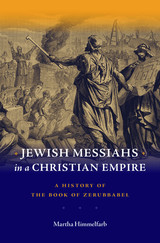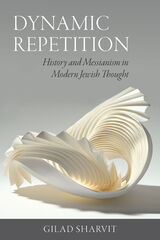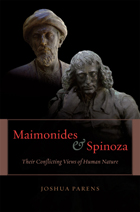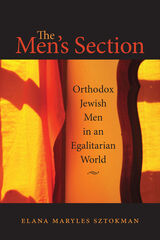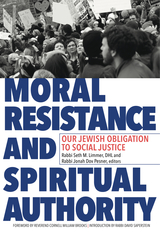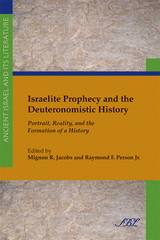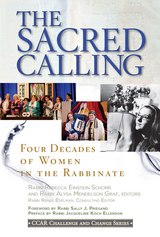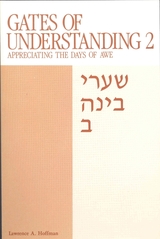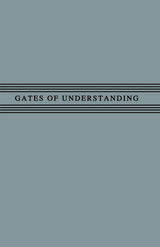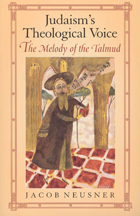“Joshua Parens’s illuminating study of Maimonides and Spinoza highlights the significant philosophical differences between the two thinkers through a distinctive focus on their conflicting views of human nature. Standing at the intersection between two fundamental problems—the relation between philosophy and religion, on the one hand; ancients and moderns, on the other—this book makes an important contribution to our understanding of each.”
— Ronna Burger, Tulane University
“A well-conceived, well-executed thinking through of a tangled controversy over how to understand the relationship between two formidable and influential figures in the history of philosophy. Joshua Parens is thoroughly convincing in his assertion that the current scholarly tendency to assimilate Maimonides to Spinoza is superficially attractive but fundamentally misleading.”
— Martin D. Yaffe, University of North Texas
“Joshua Parens argues persuasively that the time has come to expose Spinoza’s teaching and to engage in a more frank reckoning between the ancients and the moderns. Maimonides and Spinoza reflects the highest level of scholarship and will likely challenge scholars of both liberal Judaism and Jewish studies—the former for revealing Spinoza’s debt to Machiavelli and the latter for undermining hasty and ill-founded generalizations about philosophy and revelation.”
— Steven Frankel, Xavier University
"The names Maimonides and Spinoza conjure up all sorts of images befitting their stature as world class philosophers. Maimonides is considered by most as the defender of Judaism while Spinoza was looked upon as one of its opponents. For the average nonspecialist, the arguments over whether Maimonides or Spinoza was the first modern philosopher or premodern philosopher or if Spinoza was still a medievalist may not be exciting, but among philosophers it is quite significant. . . . Parens focuses on Spinoza’s Ethics. By studying his theory of human nature and contrasting it to Maimonides’ Guide, he demonstrates that neither Spinoza nor Maimonides should be considered a premodern or modern. This study enhances our understanding of both philosophers and challenges the way of thinking about them that has been accepted for the past century."
— Jewish Book World


